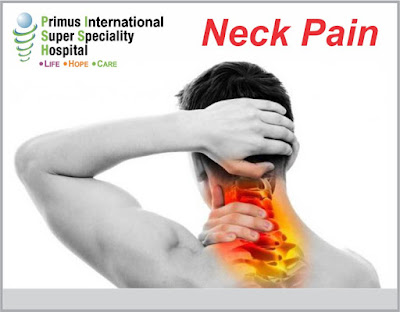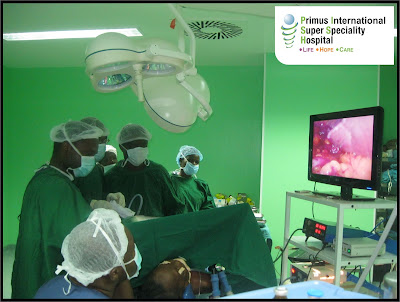The primary goal of treatment for each patient is to help
relieve pain and other symptoms resulting from the herniated disc. To achieve
this goal, each patient’s treatment plan should be individualized based on the
source of the pain, the severity of pain and the specific symptoms that the
patient exhibits.
In general, patients usually are advised to start with a
course of conservative care (non-surgical) prior to considering spine surgery for a herniated disc. Whereas this is true in general, for
some patients early surgical intervention is beneficial. For example, when a
patient has progressive major weakness in the arms or legs due to nerve root
pinching from a herniated disc, having surgery sooner can stop any neurological
progression and create an optimal healing environment for the nerve to recover.
In such cases, without surgical intervention, nerve loss can occur and the
damage may be permanent.
There are also a few relatively rare conditions that require
immediate surgical intervention. For example, cauda equina syndrome, which is
usually marked by progressive weakness in the legs and/or sudden bowel or
bladder dysfunction, requires prompt medical care and surgery.
Conservative and Surgical Treatments
For lumbar and cervical herniated discs, conservative (non-surgical) treatments can usually be
applied for around four to six weeks to help reduce pain and discomfort. A
process of trial and error is often necessary to find the right combination of
treatments. Patients may try one treatment at a time or may find it helpful to
use a combination of treatment options at once. For example, treatments focused
on pain relief (such as medications) may help patients better tolerate other
treatments (such as manipulation or physical therapy). In addition to helping
with recovery, physical therapy is often used to educate patients on good body
mechanics (such as proper lifting technique) which helps to prevent excessive
wear and tear on the discs.
If conservative treatments are successful in reducing pain and
discomfort, the patient may choose to continue with them. For those patients
who experience severe pain and a high loss of function and don’t find relief
from conservative treatments, surgery may be considered as an option.


